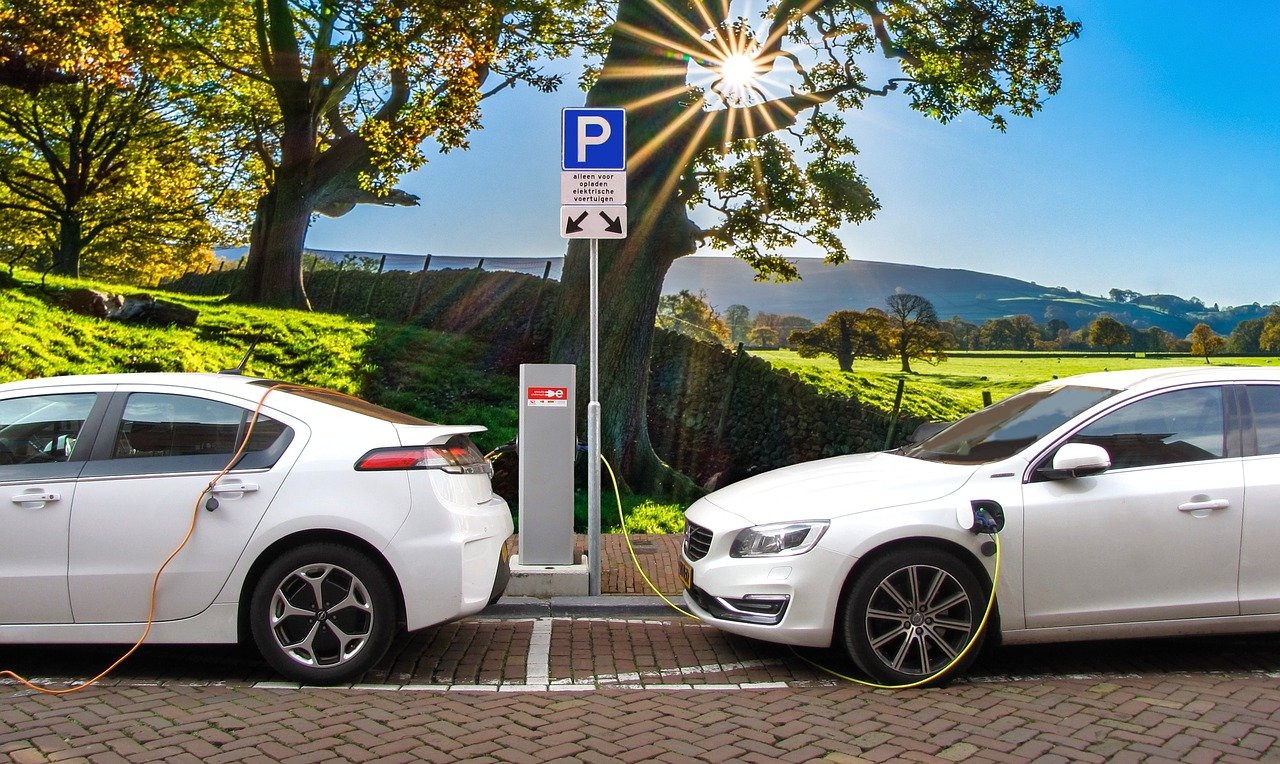
Electric cars are rising in popularity and are here to stay, with most major car manufacturers now offering their own electric models. Industry experts expect their popularity to continue growing - with more than half of new car sales in 2040 projected to be electric vehicles.
Despite this, it may be quite some time before electric vehicles have taken over the roads. As vehicle longevity increases, the problems electric cars have now may limit how many we see driving around for years to come.
That said, the technology for electric vehicles - from the ways we charge them to the batteries themselves - are changing all the time, and there are many exciting developments to look forward to.
Change Is Coming - Just Slowly
Currently, electric cars account for 3 percent of global car sales. While this doesn't seem like much, it's a rapidly increasing value. It's predicted that that value will shift to 10 percent in five years.
By 2030, that number will rise again to more than a quarter of new car purchases at 28 percent. Another 10 years after that more than half of new car purchases will be electric vehicles.
Despite this, only 33 percent of cars on the road are anticipated to be electric by 2040. While drivers of the next couple decades will increasingly turn to electric vehicles for their new purchases, older non-electric models will take a long time to lose their dominance over the roads.
Why Will It Take So Long?
Though today's are more environmentally conscious than ever, electric cars are facing a number of major barriers to being the most common type of car out there. The first factor is simply that cars are better made than they used to be, and improving all the time.
The average age of a car on the road right now is 11.9 years, a number that's steadily grown as technology improves. With people keeping their cars longer (and less likely for their vehicles to stop running any time soon), there's a minimum of a decade between technologies being released and becoming the majority on the road.
This growing longevity for our vehicles is a good thing, but it also means buyers are thinking farther in advance than they used to be when car shopping. That means the problems electric vehicles are currently dealing with are being taken into account when people visualize themselves driving in five to ten years.
The market for electric vehicles has grown considerably. There are luxury models now available to prove electric cars can be as fast and sleek as any combustion engine, and a rising catalog of affordable options being rolled out for the budget-conscious buyer.
However, many electric vehicles are poorly equipped for long drives due to the need for frequent charges. Though charging stations are becoming more and more popular, many areas of the country are still lacking, and that can prohibit travel.
Another delay in the rise of the electric car is that used models present a different financial burden than traditional used cars. Electric car batteries are pricey, running several thousand dollars, and may need to be replaced within a decade of the car's manufacture date. For buyers on a budget, the prospect of a used vehicle with an upcoming repair cost like that can be a major downside.
What is the Future of EVs?
The top priorities of researchers working to improve electric cars are accessibility and efficiency. It's well known the owners of electric cars save a lot on gas, but the upfront cost of the car can be discouraging. Luckily, the price tag for electric vehicles is being steadily brought down with time, broadening the potential market for EV drivers.
Researchers and manufacturers are also very conscious of the importance of being able to charge your car just as conveniently (if not more so!) than you would get gas for your traditional engine.
Currently, the US has just under 80,000 charging stations, with a notable percentage being concentrated in California. When you compare this to almost 170,000 gas stations, there's some serious catching up to do. Raising the number of charging stations, as well as implementing these new stations in underserved areas will be a key focus in the coming years.
Though more charging stations are great (and necessary), scientists are always looking ahead for what technology may come next. Those working on electric vehicles are no exception.
Some suggestions have been made for some exciting charging alternatives, such as a system built into our roads that would allow drivers to charge on the go. Alternatives to the Lithium-ion battery, which is expensive and has its own environmental footprint, have also been proposed.
Alternatives include nanotechnology distributed around the vehicle, or a solid-state battery that is safer and more efficient.
With these changes coming in the future, it's safe to say that electric vehicles are here to stay.
* This is a contributed article and this content does not necessarily represent the views of techtimes.com









